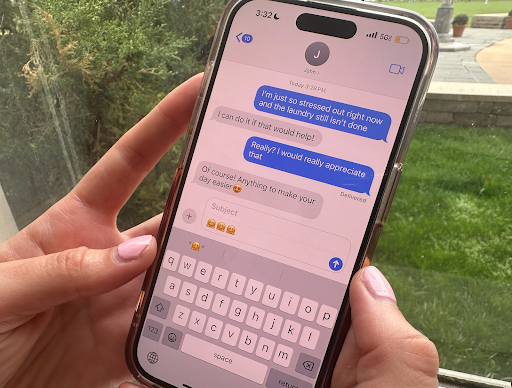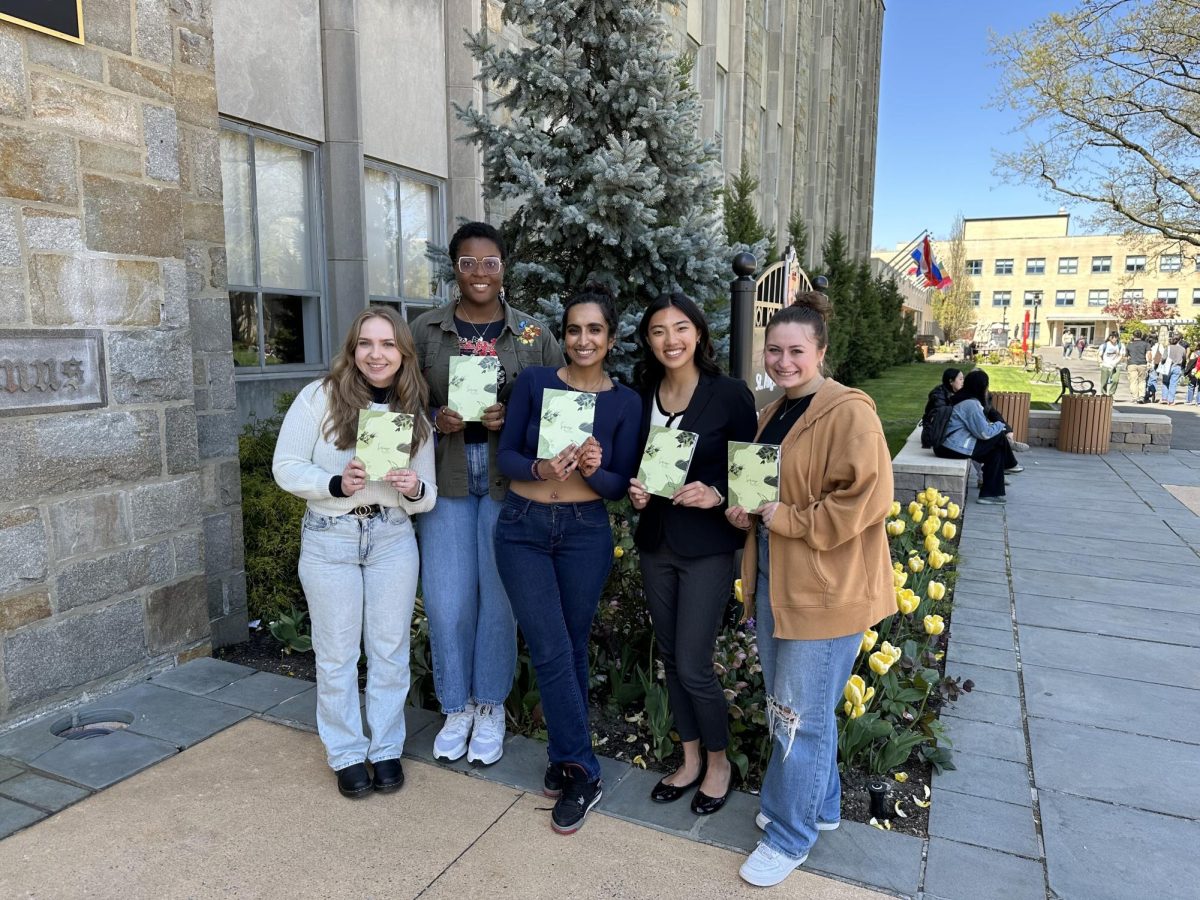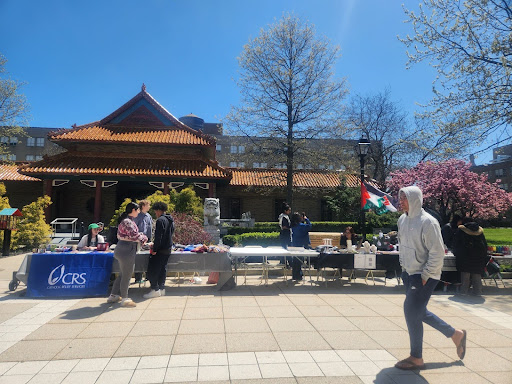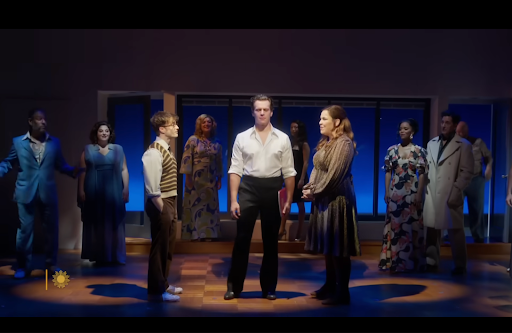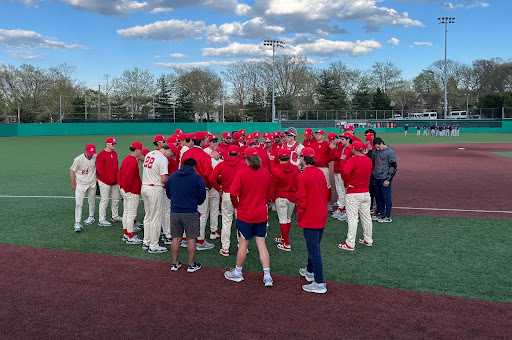Back in the late ’90s, Napster was the hottest thing around. All that a student needed to have was Internet access and millions of free songs by as many artists were available right at their fingertips. Everyone loved it, except the recording industry.
A conglomerate of record companies, known as the Recording Industry Association of America (RIAA), made shutting down Napster its top priority. A couple of years and a few dozen court dates accomplished just that.
By that time, however, a large pool of music buyers, comprised of teens and young adults, had become addicted to getting the product for no cost. In a way, they were conditioned to believe that what they were doing, essentially stealing, was not wrong. The market responded to this demand and dozens of “mini-Napsters” such as Kazaa, LimeWire, and BearShare popped up quicker than the industry could bat them down.
This caused the RIAA to adopt drastic measures. They began bringing lawsuits against individuals whose computers contained copyrighted songs. Everyone from pre-teens to senior-citizens were given the option to settle for thousands of dollars or face the full wrath of the recording industry in court.
The public cried foul. Consumers complained that CD prices were too high and musicians were overpaid. “Why should we make these millionaire rock stars even richer,” was the call of the day.
Just because something is expensive does not give people the right to steal it, which is essentially what everyone does when they use these services. For example, every university in the country would punish a student if they plagiarized a paper. Some form of severe punishment would be implemented, such as expulsion. There is no difference in that action and connecting to the school’s WiFi network to grab a free copy of the new Fall Out Boy album.
Another point is that not all profits from album sales go to the artists. There are people who are responsible for everything that goes into the production of the albums, from musicians to designers who work on the art for the album cover and CD cases. The thousands of industry professionals, who lose their jobs when record sales fall, are the people really getting hurt.
Recently, the industry has begun to focus on college campuses. The threat of legal action against the universities has caused many schools to block file-sharing programs on campus computers and ban the downloading of copyrighted music in dorms and common areas.
Many students simply ignore the new regulations, but there are legal ways to get music just as quickly as peer-to-peer networks do. Pay-per-play download services such as Rhapsody, iTunes, or the revamped Napster serve consumers by having easy access to the music they want at low prices (generally less than $1 per track) and some offer discounts and free music to college students with valid college e-mail addresess.
The industry knows that this will not eradicate illegal file-sharing, but it is hoping that greater options will at least curb the tide. Other parties are becoming interested as well. Upon hearing that downloads on college campuses has grown three-fold in the past year, Congress has initiated hearings on the issue and has invited college administrators to attend.
In an RIAA press release from March 8, president Cary Sherman reminded university leaders of their moral obligations, “We invite them to step up as moral leaders, to ensure that their students understand that stealing online is still stealing, and to teach them how to be responsible citizens in the digital world.”
If students cannot afford to get their music legally, they should remember that FM radio is on 24 hours a day, seven days a week, 365 days a year, and it does not cost a penny.





